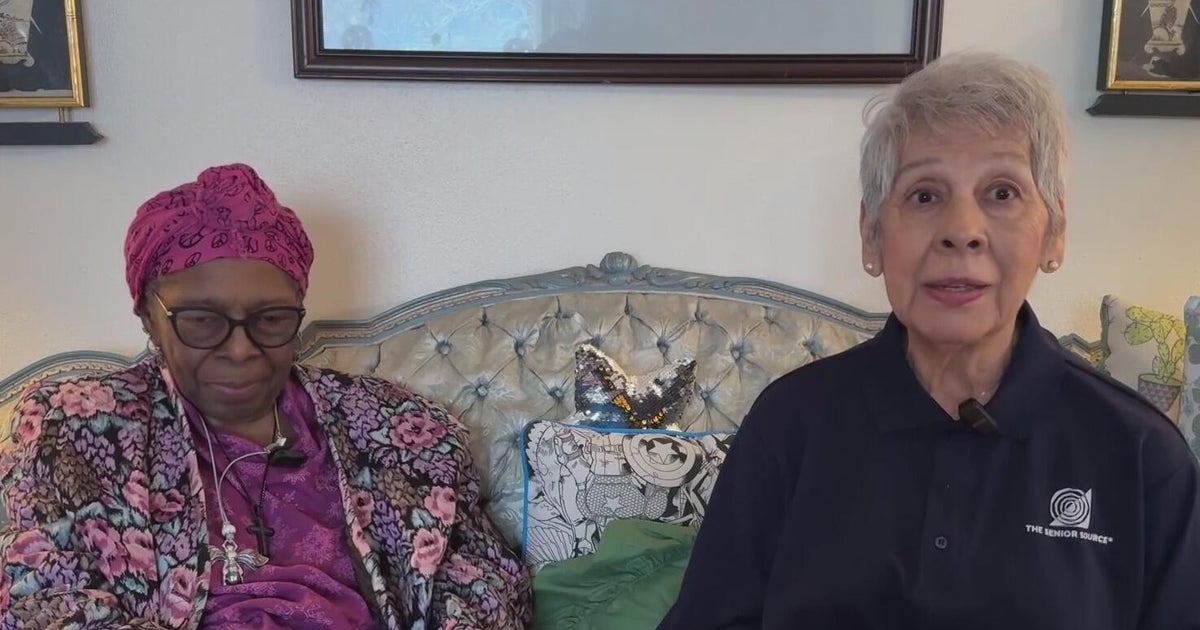Tips for understanding your credit score
BOSTON – It's the three-digit number that lets lenders know how likely you are to pay your bills on time.
It may seem simple for some, but for others, achieving a good credit score feels complicated, or even impossible. But it doesn't have to be that way.
The key is understanding your score, because you can't change something you don't understand.
People in the greater Boston area spoke to WBZ about their perceptions and knowledge of their credit scores.
"You know, honestly, I don't really know," Carl Thompson, a Harvard Divinity student, said when asked what he thinks you need to have a perfect credit score. "Just because I notice, if I use my credit card — high score goes down. When I don't, it goes up."
"I'd say, like paying your bills on time. Making sure it's not late," Carmen, a visitor to the Boston area, said.
Credit score expert, mortgage broker and author Al Bingham spoke to WBZ to help you better understand your credit score and its significance. Bingham wrote "The Road to 850: Proven Strategies for Increasing Your Credit Score."
"There are over 75 different credit scores. 75!" Bingham said. "There are 16 different vantage scores. There are over 50 different FICO scores."
Bingham explained that FICO scores can vary by up to 100 points.
"It is easy to follow the Credit Karma credit scores, and all the free scores out there. But there's a reason why they're free — they are worthless," Bingham said.
So how do you know if you're getting a hold of the right one?
"Unless you go to a lender, there's only a couple of opportunities you can get the real, the right FICO scores," Bingham said.
Bingham suggested MyFICO.com and MyCreditPlan.org.
One of the sections you may check the most is your credit utilization.
It's often been said that a safe point for utilization is 30%. But Bingham says that's not exactly true.
"It's 5% for FICO, is 30% for the Vantage Score. So, if you're following the Vantage Score, your score is not going to drop. But if you're following the correct FICO scores, and you have a utilization ratio, say at 30%, your credit scores are going to drop, your FICO credit scores are going to drop," Bingham said. "That's some of the misinformation that's out there. I hear it all the time from the lending community."
Closing old credit cards is not a good idea either, Bingham said.
"FICO scores look at the type of lenders we utilize," Bingham said. "National credit card companies, like American Express, or Discover or Capital One or any bank credit card, a Chase, a Citi, they hold higher value than other types of lenders."
You've probably heard you're supposed to carry a balance on your credit card. That's false, too.
"What I recommend for people to do is, during your normal course of transactions, you can pay up your balance," Bingham said.
But the real key is knowing when to pay it. The date the lenders report your totals to the credit bureau versus the due date you see on your bill are two different things.
"It's like someone taking a picture. The lender sends your account information on a certain date each month, to the credit agencies. They sent it there. That is when the picture of your account is being taken," Bingham said.








